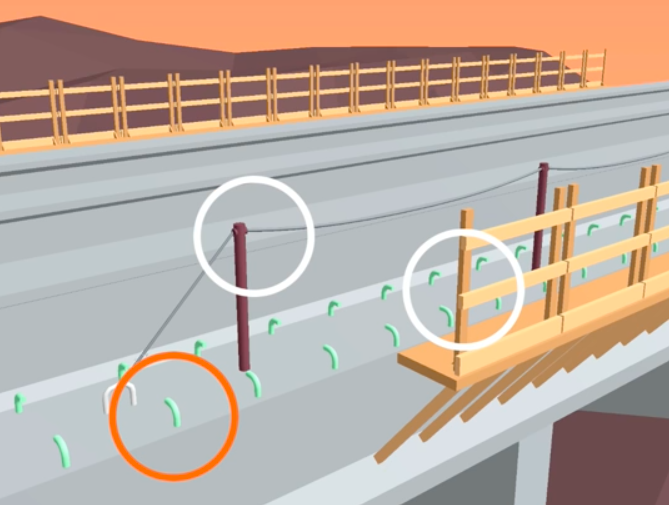
Articles
Editor’s Picks
Higher Education
College Accreditation Overhaul Could Be Good News for Online Schools
By Cait Etherington
August 04, 2018
In late July, the Trump administration announced plans that could amount to a massive overhaul of higher education. Seeking greater innovation, the government wants to revise rules for college accrediting agencies. While it seems likely that the plan will be met with considerable resistance from some stakeholders, for online postsecondary institutions, the proposed overhaul on college accreditation is likely good news.
Accreditation Continues to Create Obstacles for Online Schools
At the postsecondary level, accreditation continues to create notable obstacles for many online schools. The most high profile case is that of Western Governors University. Despite scaling a successful online university, in 2017, the Office of the Inspector General made a recommendation to the U.S. Department of Education that Western Governors University pay back at least $713 million in federal financial aid. Notably, this recommendation continues to be a subject of debate. At the center of the dispute are two conflicting understandings of what constitutes a quality postsecondary education experience.
Describing itself as a “university without boundaries,” WGU dates back to 1995. Over two decades later, the university has handed out diplomas to more than 100,000 in the United States and gained high praise from former students. A recent Gallup-Purdue Index discovered that WGU is outperforming other institutions when its comes to matching students with mentors. Still, faculty-student relations also appear to be at the center of WGU’s current $713 million dispute with the feds.
According to the 2017 report, Western Governors University was collecting support for “distance education” courses that the government has determined were actually “correspondence” courses. What’s the difference? Back in 2008, Congress amended the Higher Education Act to clarify the difference between a distance and correspondence course. Distance education courses require a higher level of faculty-student interaction. Western Governors University was found to be at fault because when an audit determined that half of its students were enrolled in what correspondence courses.
Federal Overhaul on College Accreditation Could Resolve Conflicts
On July 31, 2017, the U.S. Department of Education’s Office of Postsecondary Education issued an invitation to participate in public hearings for a Negotiated Rulemaking Committee. Notably, among the many issues to be addressed by the committee are several that seem likely to have a direct impact on Western Governors University and many other online schools, especially those that rely on a competency-based approach to education.
The specific points of contention include three guidelines, which if overhauled, could radically change how online schools are accredited and the basis upon which they receive federal aid.
While it is unclear whether or not the government’s proposed overhaul of college accreditation will result in the changes many online providers are seeking, there is no question that the time has come to rethink how postsecondary-level courses and program are accredited. If you wish to participate in the upcoming Department of Educaiton round of public hearings, the deadline to receive written comments is September 14, 2018.









[…] Continue reading the full article here […]
[…] should be honing your essay writing skills throughout your high school career in preparation for college admission. Your personal statement […]